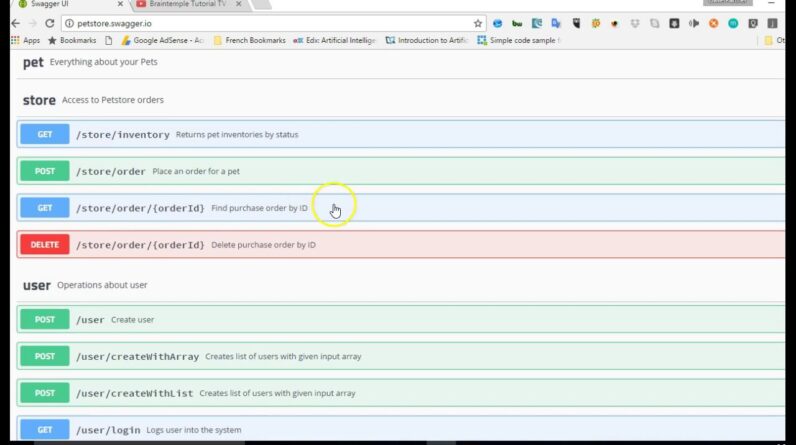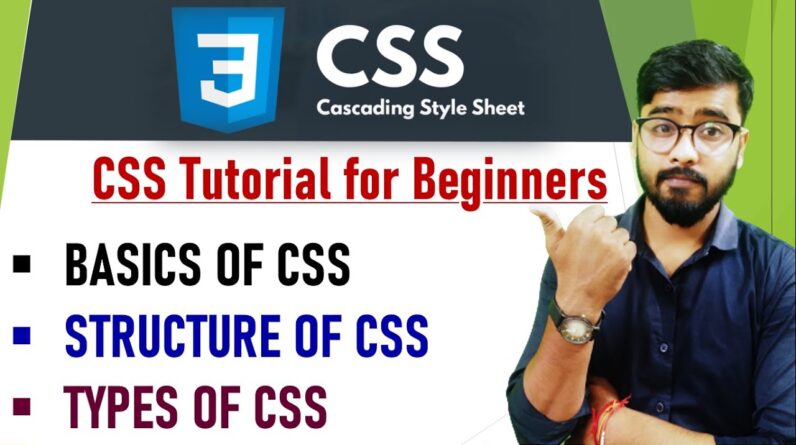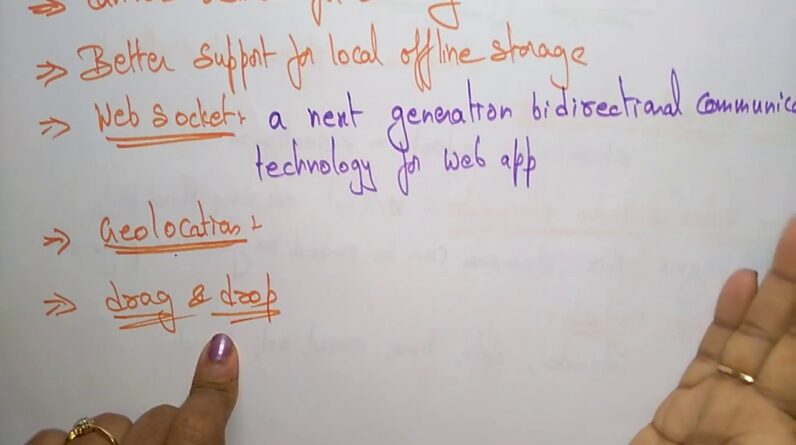
Link to full playlist (13 videos) https://www.youtube.com/playlist?list=PLnBvgoOXZNCN0E_oNPrY1wfPhYIXpKbMS
What is Swagger?
The goal of Swagger™ is to define a standard, language-agnostic interface to REST APIs which allows both humans and computers to discover and understand the capabilities of the service without access to source code, documentation, or through network traffic inspection. When properly defined via Swagger, a consumer can understand and interact with the remote service with a minimal amount of implementation logic. Similar to what interfaces have done for lower-level programming, Swagger removes the guesswork in calling the service.
Technically speaking – Swagger is a formal specification surrounded by a large ecosystem of tools, which includes everything from front-end user interfaces, low-level code libraries and commercial API management solutions.
How do I get started?
If you’re an API provider and want to use Swagger to describe your APIs – there are several approaches available:
A top-down approach where you would use the Swagger Editor to create your Swagger definition and then use the integrated Swagger Codegen tools to generate server implementation.
A bottom-up approach where you have an existing REST API for which you want to create a Swagger definition. Either you create the definition manually (using the same Swagger Editor mentioned above), or if you are using one of the supported frameworks (JAX-RS, node.js, etc), you can get the Swagger definition generated automatically for you. If you’re doing JAX-RS have a look at the example at https://github.com/swagger-api/swagger-core/wiki/Swagger-Core-JAX-RS-Project-Setup-1.5.X.
If o







